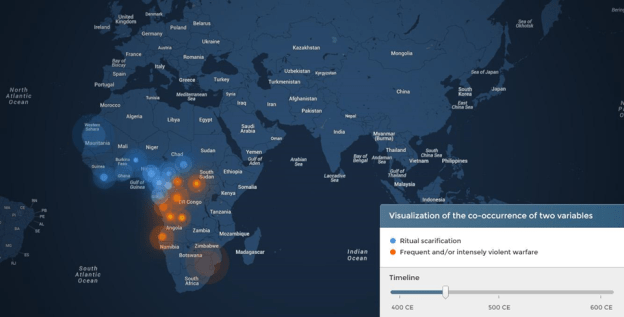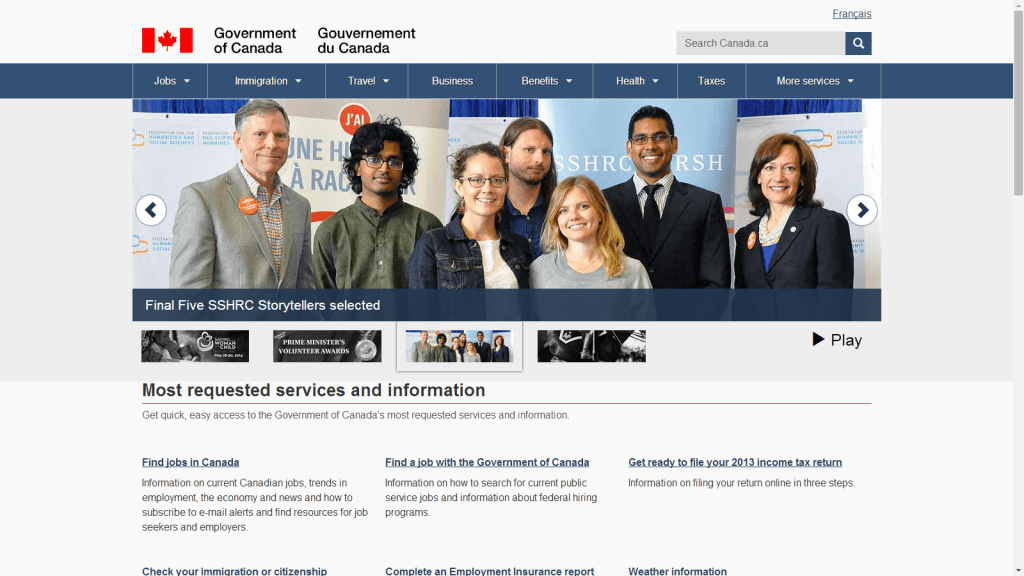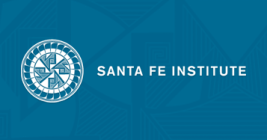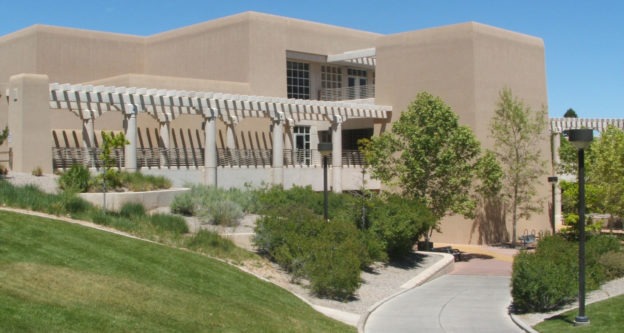I attended the 26th Human Behavior and Evolution Society (HBES) Conference in Natal, Brazil. I gave a talk on the Cultural Brain Hypothesis and the Cumulative Cultural Brain Hypothesis.
The paper (in prep), co-authored with Maciek Chudek and Joe Henrich, describes an evolutionary model of the evolution of brains and parsimoniously explains several empirical relationships between brain size, group size, social learning, mating structures, culture, and the juvenile period. The model also describes the selection pressures that may have led humans into the realm of cumulative cultural evolution, further driving up the human brain size.

















